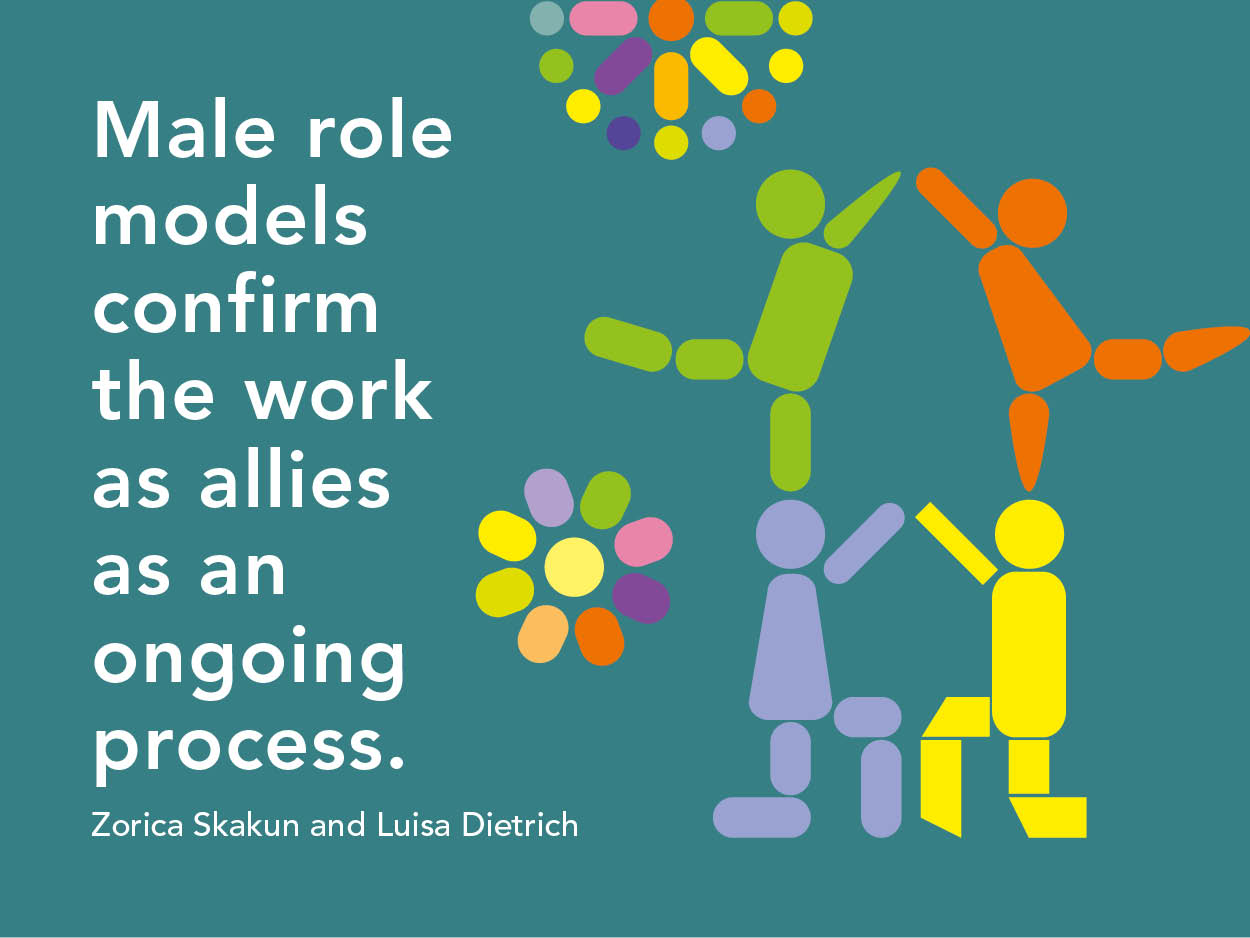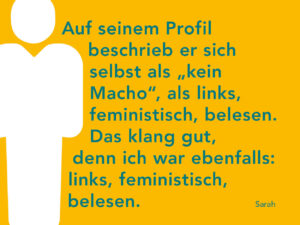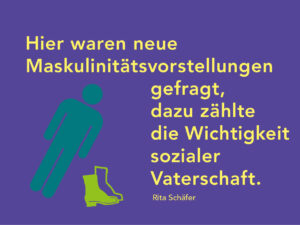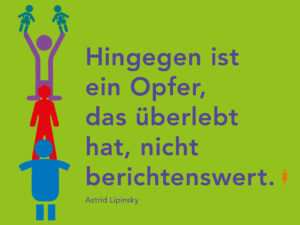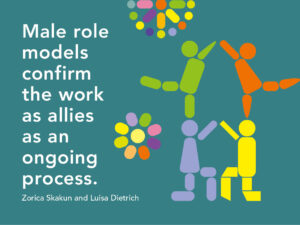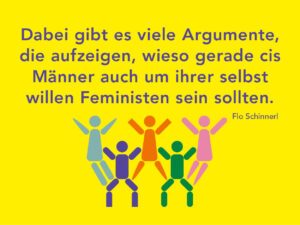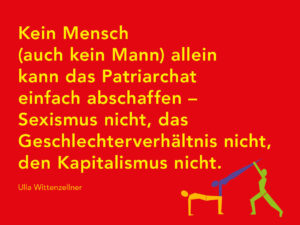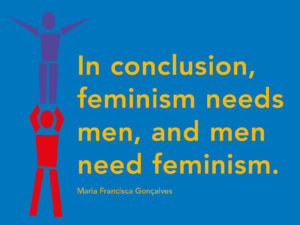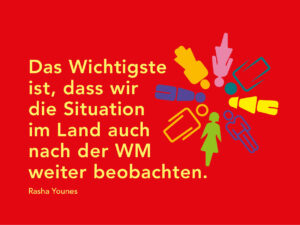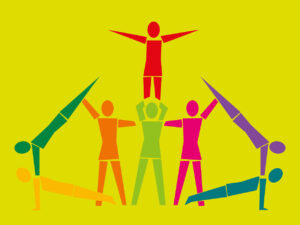How men in Iraq are becoming actors for feminist change
Over the past decade, there has been an increased interest in ‘engaging men’ in advancing gender equality in humanitarian and development contexts, framed as ‘the other side of the gender coin’. In Iraq there is a disposition for change, particularly among the younger generation. However, male role models for feminist change tackle obstacles not only within themselves but also in their social environment.
In Iraq, decades of armed conflict and Islamic State of Iraq and Syria occupation, compounded by multiple humanitarian crises, disintegrated whole communities and undermined their traditional social norms in different ways. In parallel, inter-generational shifts and changes related to modernization, exposure to emergency and development programms led by international agencies have generated a certain disposition for change and opened up new ways of cooperation between women and men.
Constraints for women’s participation
In Iraq, Oxfam International, together with local partners Iraqi Al Amal Association and Youth Activity Organisation, carried out a study to identify the factors that limit women’s and girls’ participation and threaten their freedom, choice, and contribution to society at large. What are these factors?
1. Men being decision makers and holding positions of authority at community level.
While men are expected to occupy the public sphere, women are expected to play the role of dedicated mothers and good wives.
2. The overburden of household chores.
Consequently, women’s public roles are traditionally belittled, their contributions downplayed, and women’s active engagement in community affairs undermined.
3. Violence against women, including intimate-partner violence, and early marriage, paired with controlling attitudes by their husbands and extended family, as well as gossip and peer pressure by society at large (rooted in tribal and religious traditions).
This results in a vicious circle in which women within the household need to be protected, while preying on women outside the domestic sphere is seen as permissible. Furthermore, while hindering women’s development, it also creates psycho-social stress and depressionscaused by pressures of everyday life and societal expectations.
Steps to engage
In 2020, the partners raised funds from the Government of Canada and rolled out a project aiming to engage men to collaboratively address the misconceptions and enhance women’s and girls’ political participationat the community level. The initiative included a sequence of steps: 1. collecting evidence through applied research in Arabic, in nine local communities across Diyala and Kirkuk governorates, 2. collaborative development of a tool-kit for male role models, 3. roll out of community based awareness sessions led by newly trained male role models, 4. adaptations of the tool-kit based on feedback provided by male role models, and 5. scale up to a new batch of participants.
Role models for change
Based on findings from the applied research, the toolkit was developed. It should support male role models in being effective allies of women in engaging tribal authorities, generating awareness among communities, acknowledging women’s contributions, speaking up and taking action against a potential backlash against women. The toolkit proposes a change beyond simply equipping a group of men with new skills, but encourages them to act as progressive force in their communities. This requires changes to happen on the level of male role models’ personal beliefs and attitudes, on the level of their practices and behaviours and finally on a more structural level which includes policies and cultures. The toolkit offers guidelines for a number of activities such as awareness sessions on understanding root causes of violence against women, gendered role division in the household, the value of women’s (unpaid) work, encouraging men’s positive engagement as fathers and carers, community participation and organization around social change.
Personal change in community
The engagement was centred on younger men between 18 and 30 years of age who were curious and open, self-starting and practical, with diverse backgrounds in terms of their location, education, interests, skills, and talents, and accomplishments within their communities. The toolkit was used for the training of a first batch of 24 male role models in a modified training of trainers’ modality, who used it in turn to roll out peer-trainings in their respective communities. Overall, they proceeded to foster critical consciousness building, were invitees for self-reflection, challenged privileges and questioned the status-quo, while fostering activism within participants. Male role models‘ involvement is seen as more than being a participant of a one-time event. It is opening up to the process of personal change through a joint endeavour with others.
Groups of resisters
The roll-out suggested incipient shifts in attitudes among the male role models, a beginning self-reflection on male privileges and a deeper awareness around the multiple forms of violence against women. Theydeveloped a language to talk about difficult topics and skills to facilitate and mediate exchanges on power and gender with their male peers. The completion of the first round of the training was able to generate an interest in the community.
However, the most importantchallenge were the deeply rooted tradition and customs as well as groups of resisters. Participants found religious leaders and older women (in their roles of mothers-in-law) as particular barriers and difficult to engage with. Participants also described how they were stigmatised as weak and unmanly, and how they were ridiculed, disrespected and confronted by other men, and some women, for ‘allowing women to control men’. Learnings are that each context has its particularities that need to be assessed at the beginning of each roll-out, and resistors should be identified and engaged by different emergency and development actors, using complementary means.
Being an ally is a process
Male role models confirm the work as allies as an ongoing process. Further tailored support is required to enhance knowledge and engagement around Islamic teachings in relations to gender equity, as well as practical examples from the Quran in order to better engage resisters. Better peer- and other support of male role models is required, to better navigate the backlash and stigmatisation of them, and by doing so, challenge the status quo. Finally, practical ways on how to struggle alongside women to advance their agendas of (safe) participation at community level should be supported, in particular through financial means.
On the authors: Zorica Skakun has over 20 years’ experience in women’s empowerment programming and gender mainstreaming in conflict, post-conflict, and socially transitioning environments. Her current work is centred on developing transformative gender equality strategies and research initiatives to advance the innovation and cross-sectoral learning. // Dr. Luisa Dietrich Ortega works as researcher, evaluator and adviser on gender justice in humanitarian and conflict-affected settings. She is the director of gender.consulting and serves on the board of Frauen*solidarität in Vienna.
